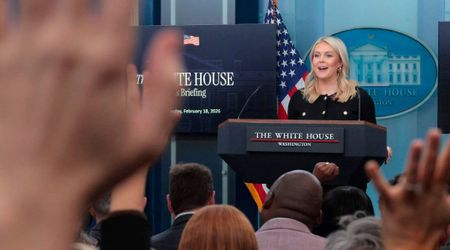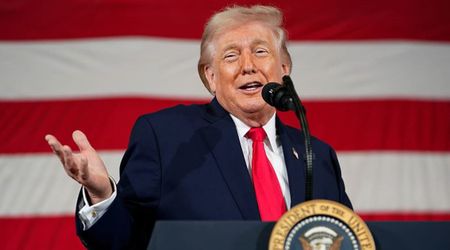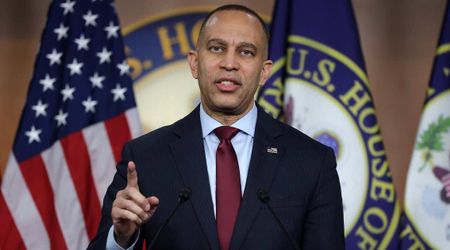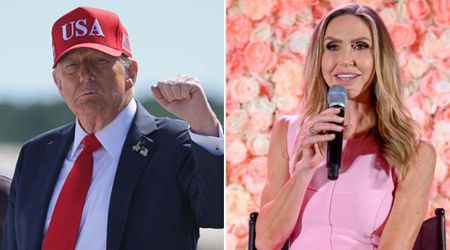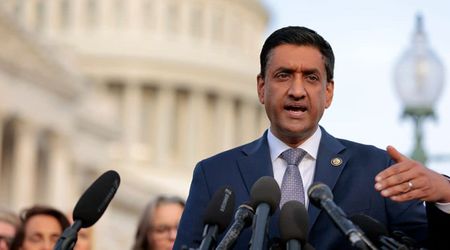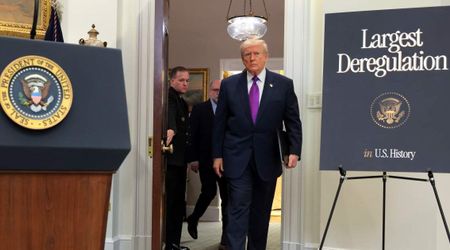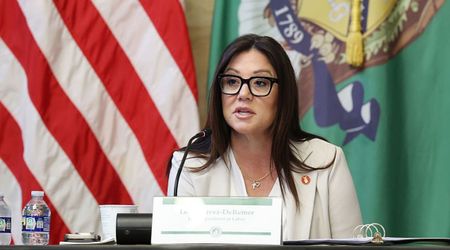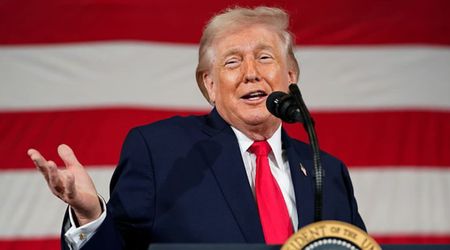Who is standing up for struggling Joe Biden? Lessons Democrats can glean from Richard Nixon

WASHINGTON, DC: Each news cycle brings a slew of revelations and new defections from President Joe Biden’s re-election effort. Democratic congressional candidates and elected leaders often offer vague statements of support, while a smaller yet growing contingent speaks more openly about the political moment, hinting — gently or otherwise — that Joe needs to go.
This narrative is clear to observers but seems elusive to President Biden and his two biggest cheerleaders: First Lady Jill Biden and newly anointed political adviser Hunter Biden.
Joe Biden's inner circle
First Lady Jill Biden has become an increasingly vocal campaign surrogate, reminding some observers of Lady Macbeth. Hunter Biden, once viewed as a problematic figure, has now emerged as a trusted adviser. Despite this support, the momentum to push Biden into renouncing his re-election bid, which seemed strong a week ago, has dissipated.
President Biden continues to assert that he is the best candidate, believing that his ability to read a teleprompter effectively equates to winning the battle. This strategy worked during the Covid-19 campaign of 2020, but this election cycle presents new challenges.
Unlike in 2020, when the media largely supported Biden by downplaying scandals such as the Hunter Biden laptop incident, the current press corps has become adversarial, questioning the president’s acuity and capacity to govern.
The adversarial media environment spells trouble for Biden’s campaign and his administration. There is concern about unelected elite bureaucrats making decisions for a president perceived as diminished.
Press Secretary Karine Jean-Pierre’s description of a "team" that would wake Biden from his slumber in case of a nuclear attack outside his 10 am to 4 pm window of lucidity only adds to this narrative of diminished capacity.
This moment of crisis also presents an opportunity for the next generation of Democrats, who can learn from historical precedents like Richard Nixon’s handling of the 1964 election.
During that election, the doomed GOP nominee Barry Goldwater moved the party to the right and suffered a major loss to Lyndon Johnson. Despite the apparent hopelessness of defeating Johnson, who was riding a wave of national mourning for the assassinated President John F Kennedy, Nixon used the situation to his advantage.
At the Republican National Convention in San Francisco, Nixon declared, “Now that this convention has met and made its decision, we are Republicans, period, working for Barry Goldwater.”
He addressed those contemplating sitting out the election or taking other actions by invoking Goldwater’s 1960 words: “Let’s grow up, Republicans, let’s go to work — and we shall win in November!” Though the GOP did not win in 1964, Nixon’s efforts laid the groundwork for his successful 1968 campaign.
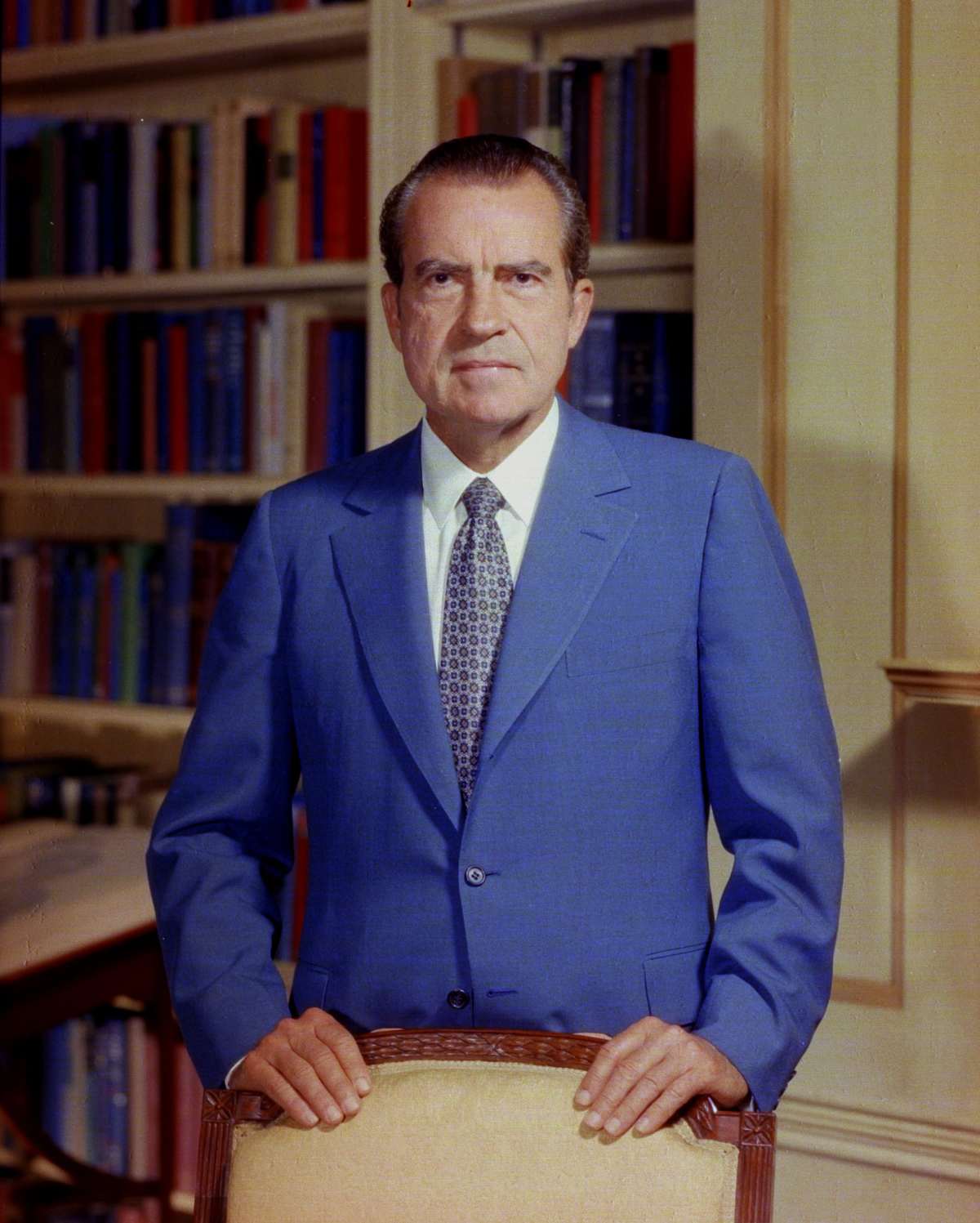
Potential successors
California Governor Gavin Newsom is the most obvious candidate poised to follow Nixon’s playbook and capitalize on a potential shift within the Democratic Party. Many Republicans anticipate that Newsom might replace Biden this cycle.
Newsom has shown a willingness to engage on "enemy" turf, debating Ron DeSantis on Fox News and purchasing out-of-state political ads. He has also traveled extensively, visiting states like Florida, governed by DeSantis and home to former president Donald Trump.
Another potential 2028 hopeful is Michigan Governor Gretchen Whitmer. While calling discussions of a 2024 replacement a “distraction,” Whitmer has been running political advertisements in other states and promoting her new book, 'True Gretch'.
In her book, she criticizes Newsom for dining at a three-star restaurant despite his own Covid-19 restrictions, although she omits her own violation of Covid restrictions at a dive bar.
Whitmer smartly denies claims that she views Michigan as unwinnable for Biden after his debate performance, understanding that supporting the Democratic ticket now could position her favorably for future opportunities, per the New York Post.
The Democratic Party is at a critical juncture, with internal and external pressures challenging Biden’s re-election campaign. The president's team remains steadfast, but the adversarial media environment and internal concerns about Biden's capacity complicate the landscape.
Meanwhile, potential successors like Newsom and Whitmer are strategically positioning themselves for future opportunities, much like Nixon did in the 1960s. Whether they can leverage the current crisis to their advantage remains to be seen, but their actions suggest they are preparing for the possibility of a seismic shift within the Democratic Party.

